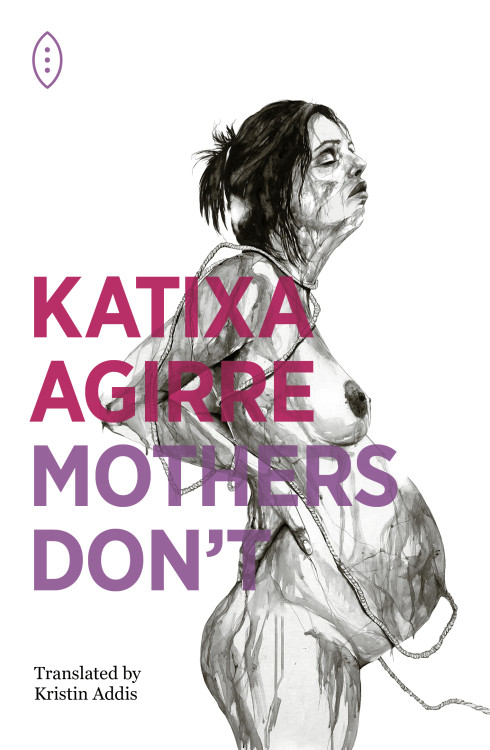

Mothers Don’t

A mother kills her twins. Another woman, the narrator, is about to give birth. She is a writer and realises that she knows the woman who killed the children. An obsession is triggered. She takes a leave of absence, not to nurture her baby, but to write. To investigate the hidden truth behind the crime. This book is halfway between a thriller and a journalistic chronicle. A novel about the primal guilt that comes with being a mother. Katixa Agirre also reflects on the relationship between motherhood and creativity, in dialogue with other female writers such as Sylvia Plath and Doris Lessing. The result is an unprecedented and profoundly disturbing book, in which no real answers are offered but more contradictions emerge.


Katixa Agirre
Katixa Agirre (Gasteiz – Euskadi, 1981). I started writing short stories and reading them to my classmates at a very young age, just for fun, and for some reason I thought this was something everybody did. It was not until the age of fifteen that I started winning literary contests at school and began taking it a bit more seriously. I published my first short story book in 2007 and I haven’t stopped since. In my case, I had to stand at a peculiar crossroads. In fact, every bilingual Basque writer has to do this. Do I write in one of the major languages in which I live (depending on which side of the border you live that would be French or Spanish) or do I choose Basque, a minority language, as my literary language? Basque literature is a relatively new addition to world literature. Being the literature of a minority culture, Basque literature and us authors face interesting and, in some cases, unique questions that not only shape the stories that have been produced but help interpret the context in which Basque literature has developed. I never regretted choosing this small language. I know I have a potentially much smaller audience.However, translations from Basque are becoming more and more frequent – my own work has been already translated into ten languages. For me it’s been an absolute pleasure when my novels have been translated and read abroad. That such a thing can happen, and that the world can be united in that tiny way through a book, amazes me.
Author portrait © Juantxo Egaña